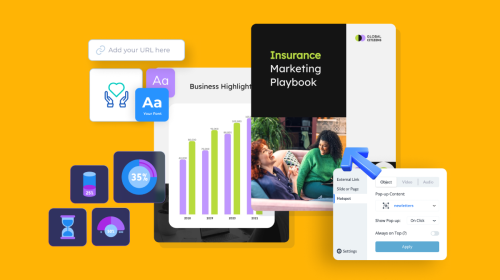
How to Create a B2B Social Media Strategy That Works


If you’re a B2B brand, you may have heard that B2B brands don’t need social media.
“Instagram is only for consumers.” “B2B buyers don’t do Internet research.” “Social media won’t make you look serious and professional.”
Sound familiar?
If so, consider these questions. Do B2B brands need lead generation? Do B2B brands need brand awareness? Do they nhaeed to be viewed as authoritative experts in their industry?
Obviously, the answer is yes. And social media marketing is the best way to accomplish all of these goals.
Here’s your comprehensive, top-to-bottom guide on how to kickstart an effective B2B social media marketing strategy.
The definition of B2B social media marketing is simple: This is marketing done on social media by B2B brands, toward a B2B audience.
It’s a common myth that B2B brands don’t need social media. This is not true. Today, everyone is on social media. Literally, everyone: 4.55 billion people worldwide use social media. That’s over half of the world’s population.
And in fact, you could almost argue that social media is more important for B2B brands, as 89% of B2B buyers use the Internet during the B2B research process. As B2B buyers get younger, this number is only expected to go up.
The key is doing B2B social media marketing right. While there are certainly similarities between B2B and B2C marketing, your B2B audience is looking for different information than a B2C audience. They’re hanging out on different platforms, too. And overall, B2B brands tend to have different goals and focus on social media.
Before you jump into your B2B social strategy, make sure you know exactly what you’re getting into and how social media for B2B should work.

Whereas B2B social media accounts are geared toward a target audience of other businesses, B2C marketing focuses strictly on consumers. B2B and B2C marketing hold a lot of similarities. But at the end of the day, they’re more different than you might think.
From the surface, B2B and B2C social media marketing might not look that different. Both types of companies use social media platforms — often the same channels — to reach their audiences and promote themselves. Every company is trying to address its customer’s pain point and solve their problem.
As customers become more knowledgeable and savvy, all sorts of companies are using social media to create a trust-based relationship, proving they’re a brand that can be trusted. At the end of the day, even B2B companies are selling to real people. But these two types of marketing have a lot of differences, too.
If you’ve been working in B2B marketing for any length of time, you know that it requires a different approach than B2C. Most B2C brands focus on using social media to boost their website traffic, sales and overall brand awareness.
For B2B companies, however, the primary focus is placed elsewhere: on brand development and lead generation. B2B buyers need more nurturing before they are ready to buy.
With B2B brands, social media is also a key tool to help position them as thought leaders. B2B companies often share content that’s more educational and informative, serving their audience through answering questions and helping them learn. This is a different approach than B2C brands, who aren’t necessarily trying to prove that they’re the most knowledgeable in the industry.
Finally, in addition to sharing different types of content with different goals and motivations, B2B brands also differ in where they spend their time. You won’t catch many B2C brands hanging out on LinkedIn, for example. But for many B2B brands, that’s exactly where they’ll be.
Not convinced about the importance of social media for B2B? Take a look at these numbers that back it up.

1. 92.4% of B2B buyers are more likely to buy after reading a trusted review. — G2
Social media is the perfect way to distribute the customer reviews and testimonials that will move the needle.
2. 96% of B2B marketers use LinkedIn for organic content distribution and 83% for paid social, making it the top most-used platform in both content distribution types. — Content Marketing Institute
Platforms like LinkedIn are a must for companies seeking to reach B2B buyers.
3. When examining B2B advertising, social media advertising was used by 83% of marketers and ranked second in success (29%) behind search engine marketing (33%). — Content Marketing Institute
It’s not just marketing strategies that are important. Social media ads play a role, too.
4. 57% of consumers will follow a brand to learn about new products or services while 47% will follow to stay up to date on company news. — Sprout Social
Make sure you’re sharing the updates and news that your followers want.
5. The most successful B2B content marketers reported that the top two contributing factors were the value their content provides (83%) and website changes (60%). — Content Marketing Institute
To give your marketing the best chance of succeeding, focus on creating high-value content and keeping your website up-to-date.
6. In 2020, 49% of B2B organizations outsourced at least one content marketing activity, 86% of which was content creation and 30% content distribution. — Sprout Social
Don’t be afraid to outsource content creation if needed. A freelancer or agency can take this task off your plate.
7. B2B companies should allocate 2-5% of revenue to marketing. — BDC
Use this number as a benchmark as you figure out your marketing budget.
8. 44% of millennial B2B customers would prefer not to interact with a sales rep at all. — Gartner
B2B buyers now spend a majority of their time researching products online. Make sure you’re giving them all the information they need.
9. U.S. B2B businesses will spend an estimated $1.64 billion on LinkedIn ads in 2021, $1.99 billion in 2022, and $2.33 billion in 2023. — Emarketer
It’s clear that LinkedIn is the hottest spot for B2B brands.
10. 83% of B2B marketers use social media. — Content Marketing Institute
This makes social media the most popular B2B marketing tactic. Ready to get on board?

Before you can outline your social media strategy, you need to know what social media platforms you’re going to target. With so many social media platforms, it can be difficult to know where to invest your resources. Here’s a list of five channels that every B2B social media strategy should include.
You can’t mention a B2B marketing strategy without including LinkedIn. It’s a golden opportunity to reach decision makers — people who might buy from your brand. 59% of B2B marketers say LinkedIn generates leads for their business. That number means LinkedIn is twice as effective as Facebook and Twitter both.
What should you post as a B2B brand on LinkedIn? Valuable content like a long-form blog post, an ebook or a white paper will perform best.
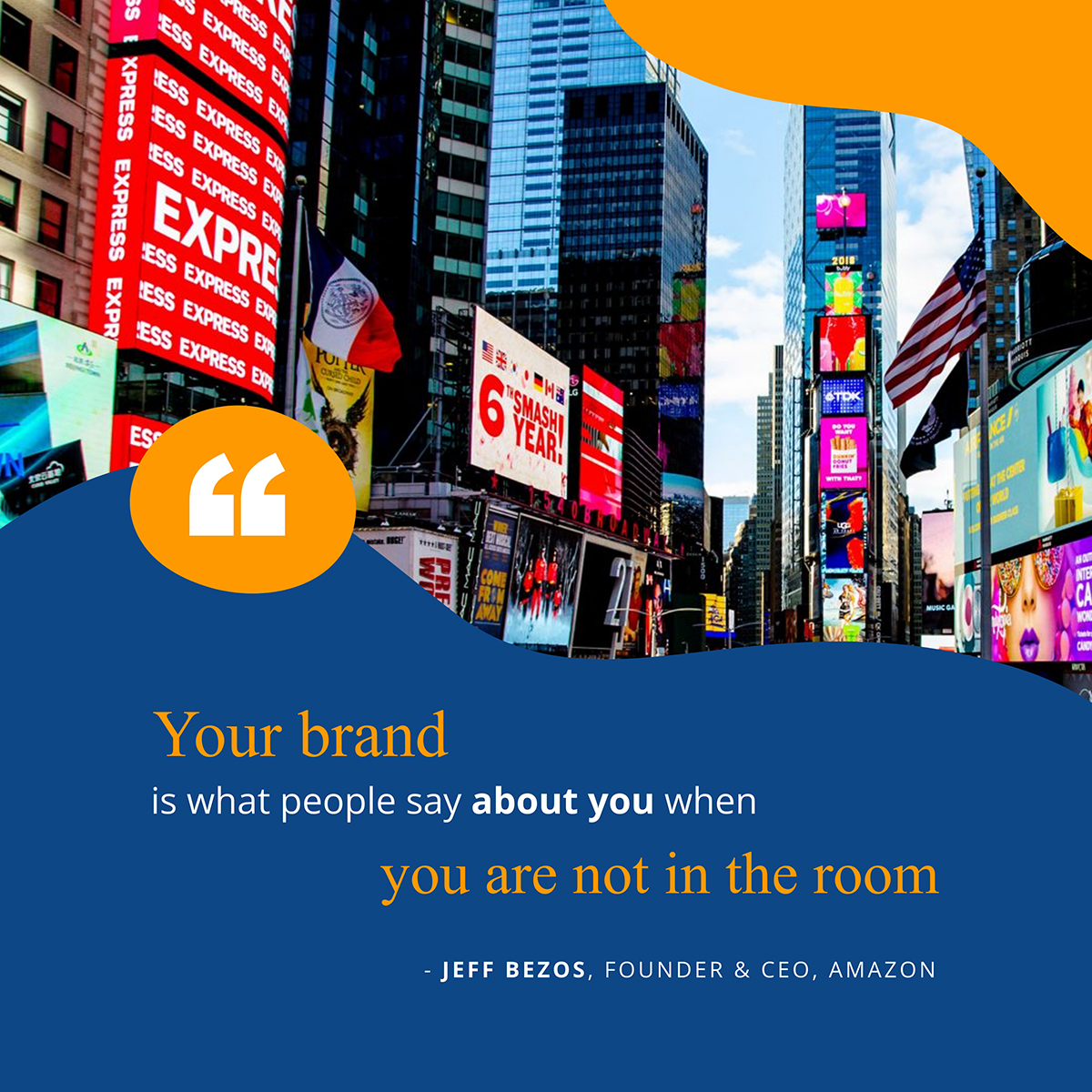
67% of all B2B businesses use Twitter as a digital marketing tool, and we encourage you to join in. Twitter is the perfect place to form relationships and build a community around your brand.
Remember, anything you post on Twitter has to be short and snappy — 280 characters’ worth. Save the white paper for LinkedIn and try sharing an interactive quiz, poll or simply asking a question.
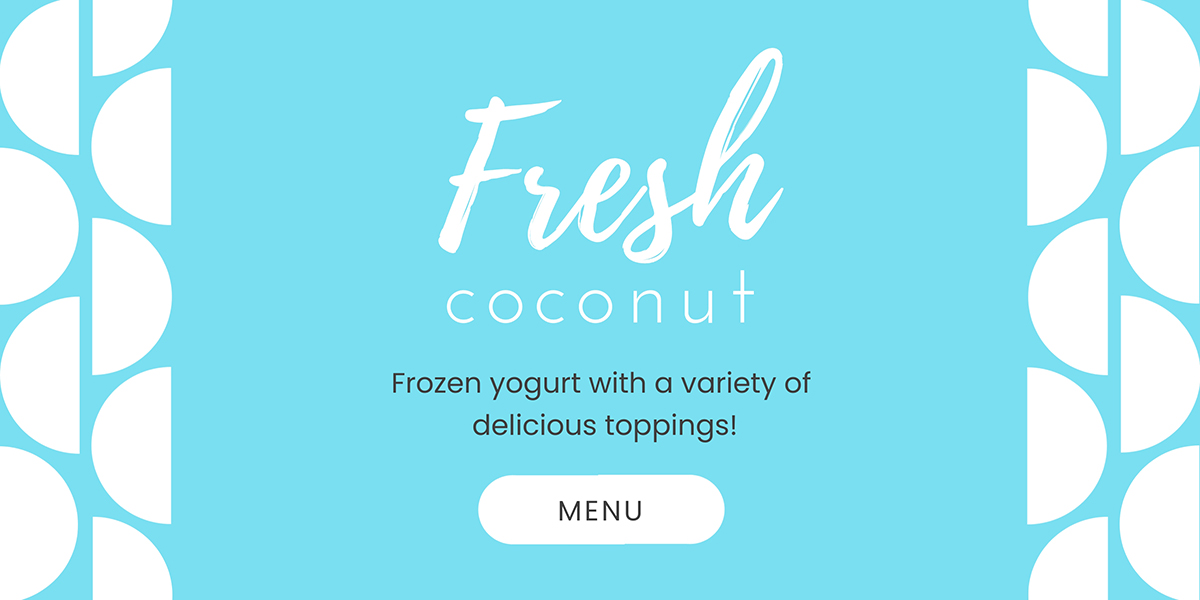
Perhaps surprisingly, a 2021 social media marketing report showed that among B2B marketers, Facebook is the most used social networking platform at 89% (with LinkedIn close behind at 81%).
You can use Facebook to connect with the 74% of people who use the platform for professional purposes. Try sharing a Facebook Live, or using chatbots to answer frequently asked questions via Messenger.

Videos are increasingly being used to market B2B products and brands. 69% of marketers expect the top content marketing-related area of investment for 2022 to be video. And YouTube is the place where your customers are consuming their video content.
B2B brands can share videos that include educational tutorials; explainer videos; or draw strongly on storytelling. In different ways, these will all humanize your brand and get your point across.

Instagram is slowly becoming more popular and effective for B2B brands. A 2021 B2B marketing report indicated that Instagram usage increased from 30% last year to 60% in 2021.
Build trust with your customers and drive website traffic by sharing corporate culture content to pull back the curtain and let followers peek into your business operations. Or utilize this platform as a place for company and product announcements.


From ebooks to blog posts to videos, there are all kinds of content types you can share on social media. Which ones make the most sense for B2B marketing? Here are the top five types of content we recommend sharing for B2B social media marketing.
Let’s start out with the basics: posts! No matter what platform you’re on, you can share posts for your audience. These posts will look a little different channel by channel.
An Instagram post might contain a carousel of graphics that build on each other, while a tweet might just be a couple of sentences and a hashtag. Wherever you are, though, posts are a great way to engage your followers.

Ebooks are an excellent form of content for B2B marketers to share. Remember, your B2B audience wants information. And long-form content like an ebook is the perfect way to give it to them.
You can use an ebook as a lead magnet to capture new leads. Create an ebook that’s on a topic of interest to your audience. Then place that ebook on a special landing page behind a gate. Share the landing page link on social media, and your followers can visit the page and enter their email address to download the ebook.
It’s a fair trade — an ebook for them and an email address for you.

In today’s social media climate, video content is absolutely essential. It’s not just B2C audiences who watch videos. B2B buyers want video content, too. And 70% of marketers think video has a good ROI.
You can share videos that promote a product, explain how to do something, or showcase the behind-the-scenes of your business.
Infographics are a good way to distill a lot of information into a single graphic that’s easy to read and understand. They help you build backlinks as other people share the content. And they’re engaging as well as educational.
The benefits of infographics are innumerable as you build your social media strategy, and infographics work for almost any social platform. If you need a hand creating your infographics, start with the templates offered by Visme.
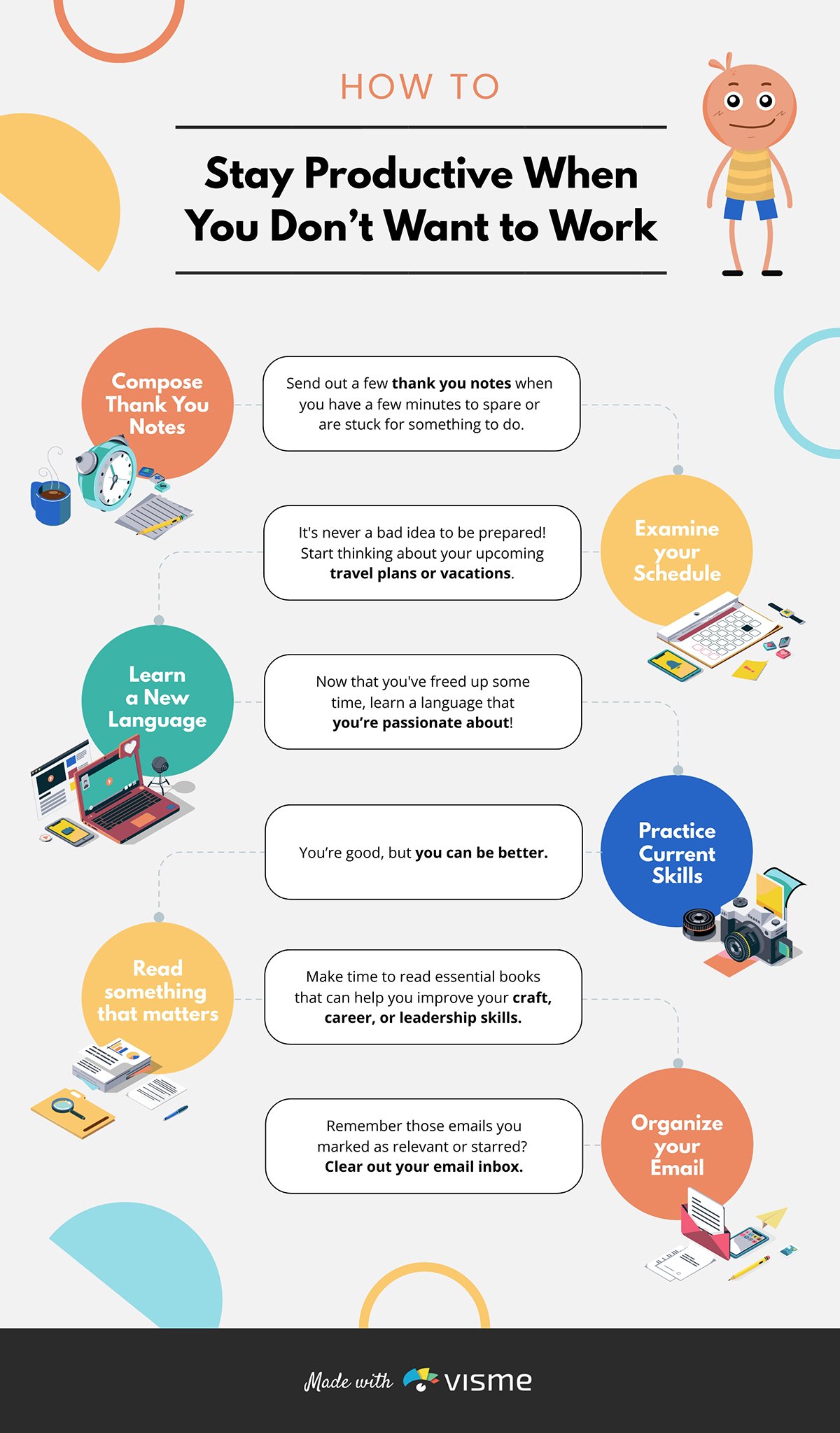
A white paper, report or case study will make a B2B audience drool. A white paper is an in-depth report that explains a specific topic and provides a solution to a problem. On the other hand, a case study outlines how you helped a customer and what the result was.
Try sharing a white paper on LinkedIn to reach your industry audience. White papers aren’t flashy or exciting, but they do share information that people need to know.
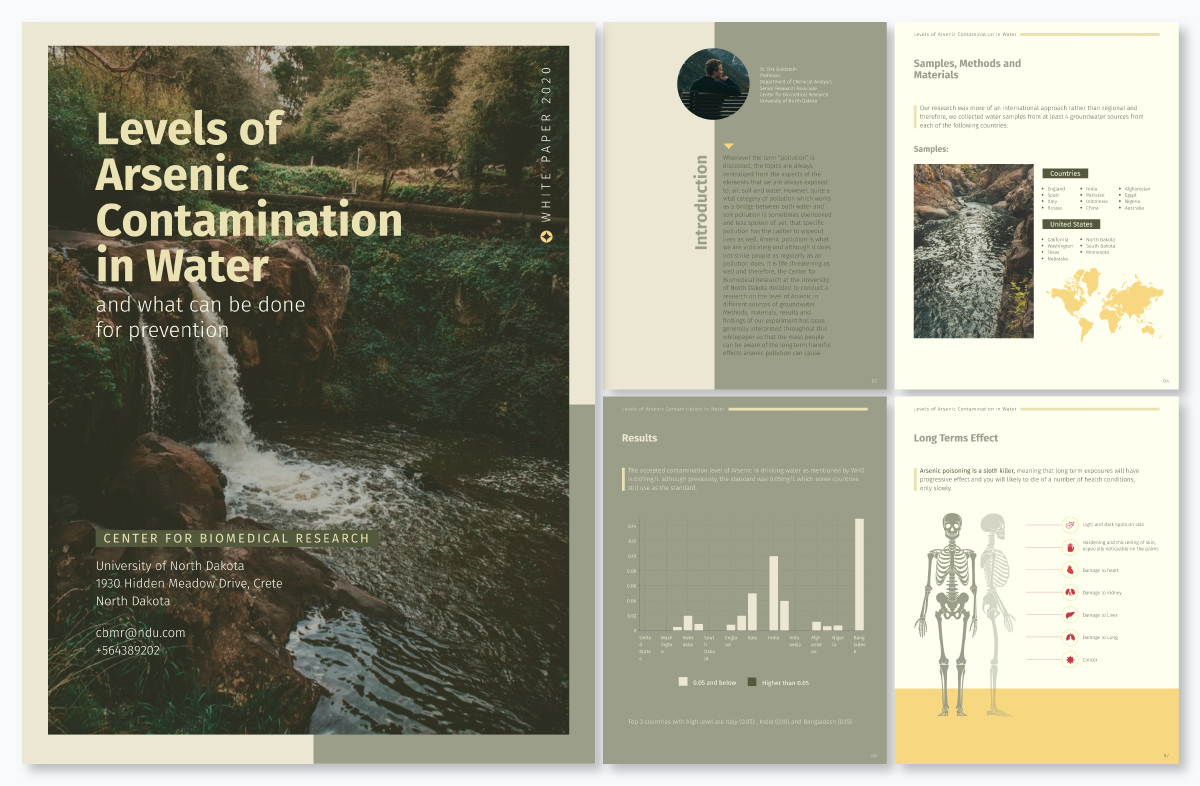
Your own social media strategy will be more effective if you have a good idea of your competitors’ social media strategies — what they’re doing, what’s working and what isn’t.
Figure out who your competitors are and where they’re active on social media. After identifying their accounts, you’ll want to answer questions like how fast their following is growing; what’s their engagement rate; what hashtags do they use; and more.
Next, compare your own metrics to your competitors to see where you outpace them and where you might be lagging behind. This will show you opportunities to get ahead. Redo this competitive analysis every quarter.
Posting on your social media profiles is great. But it’s equally as important to make sure your profiles themselves are good to go. For example, consider your Twitter account. Do your profile photo and username match your branding? Does your bio make it clear who you are and what you post? Are you using a link-in-bio tool to link out to multiple pages?
Make sure each of your social media profiles is optimized as much as possible. This will encourage more people to follow. You can find information online that indicates what you need to do for each platform.
Your brand voice should be consistent across all social platforms so people can easily identify who you are. Your voice represents your company, helping you stand out in a good way.
How can you find your brand voice and personality? Try brainstorming a list of words that describe your company culture. Maybe you’re knowledgeable, professional and straightforward. Or maybe you want to be perceived as fun, quirky and clever.
Mailchimp is a good example. This B2B company writes copy that is plainspoken, genuine, includes dry humor and demystifies B2B-speak.
B2B buyers want to learn. They want information. So content that provides the knowledge they want should be an essential piece of your marketing strategy.
Thought leadership content draws on the author’s experience to help the reader think about something in a new way. As long as the topic is of interest to your target audience, anyone at your company can write thought leadership pieces.
After posting content, engaging with your audience is key. Answer private messages, respond to comments and generally do everything you can to cultivate conversation. This goes a long way with B2B customer service and also to simply humanize your brand, helping your customers feel like they know you.

You know what B2B social media marketing is and where it happens. But what does it actually look like in practice? Take a look at these five examples of excellent B2B social media marketing — from full campaigns to individual posts.
Slack, a corporate communication app, has a great social media strategy. The company is active on multiple social media platforms, including Instagram.
View this post on Instagram
In this post, Slack shared several graphics that were carefully designed with the company’s brand colors to make the post cohesive with the rest of its IG feed. Each graphic contained a customer testimonial highlighting Slack features.
There are two CTAs in the post — one at the end of the carousel, and another in the caption. The CTA’s are designed to drive web traffic to the link in Slack’s bio. The caption also tags brands that were mentioned and sprinkles in a few emojis to cater to Slack’s brand voice. Overall, this is a great example of a B2B social media post.
Wondering how a B2B brand can actually do YouTube? Take a look at Shopify’s channel. Shopify has 258K subscribers and posts multiple videos a week — you can see the consistently branded thumbnails in the image below.

Shopify’s videos primarily consist of tutorials and success stories. A few recent videos include:
Shopify’s YouTube is so successful because the company has zeroed in on what its target audience needs. Shopify has an audience of aspiring entrepreneurs. And every video the company publishes is designed to address the pain points those people would have.
That’s the key to succeeding with B2B marketing on YouTube — or, really, to succeeding with any type of marketing, anywhere, anytime.
Cisco is another brand that’s successful on YouTube, with 295K subscribers and a long list of videos on topics like hybrid work or ransomware threats. We love what this company is doing on other platforms, too — especially Twitter.
Cisco strategically uses Twitter to share updates on company news and events as well as general industry updates and technology innovation. A #NationalTriviaDay thread provided an interactive way for followers to learn more about the company, while regular videos link to the Cisco website.
It's #NationalTriviaDay! We've partnered up with networking guru @davidbombal for questions to test your knowledge. #thread ⬇️ pic.twitter.com/sDpKptM2tQ
— Cisco (@Cisco) January 4, 2021
HubSpot is well-known as an authority on all things digital marketing — and that’s no accident. The CRM company strategically works to create content that will position itself as an expert.
In this example, HubSpot targeted marketers from small- to medium-sized businesses on LinkedIn. The company created sponsored content for its target audience’s newsfeed. As a result, HubSpot garnered an amazing 400% more leads with its target audience than other platforms. This is the perfect example of B2B social media marketing done right.

WeWork, a company that owns co-working spaces, has an excellent overarching social media strategy. The company focuses on building a community by encouraging people to share their stories using the hashtag #wework.
WeWork commonly shares videos and case studies on its social channels. The company seeks to motivate and inspire its followers. And it works, with this consistent, community-centric strategy gaining the company followers and engagement.

Outline social media goals before diving into your strategy. Awareness, engagement and lead gen are a few of the most common goals. It’s also important to make sure your social media goals align with your overall business objectives.
To best support your goals, select the handful of platforms where your audience hangs out. You can identify these platforms by creating a buyer persona. The demographic details included will point you toward the most likely social platforms.
Another way to select the ideal social channels is to observe which channels your competitors use. Or survey your customers and ask which platforms they prefer.
Diversify your content strategy by creating all kinds of social media content, from videos to ebooks to infographics and more. You can edit and repurpose the same piece of content for multiple different platforms. If you don’t feel confident in your graphic design abilities, try using a tool like Visme, which has plug-and-play social media graphics available for free.
Post regularly, sharing social media posts at least three times a week, so you stay top-of-mind for your audience. As you continue to share consistent posts over time, your followers will come to rely on your content and recognize your brand.
76% of B2B organizations use social media analytics to measure content performance. Tracking metrics can help you tweak your strategy long-term. While the metrics you should track may vary from platform to platform, start with metrics like:
There’s a lot that goes into a B2B social media plan. No one ever said it was easy. But if you’re willing to put in the work, you can reap the innumerable benefits that come from social media marketing.
Get started by using Visme to create your social media content. With templates for social media graphics, videos, infographics and much more, Visme is the easiest way to help your B2B brand succeed on social.
Design visual brand experiences for your business whether you are a seasoned designer or a total novice.
Try Visme for free